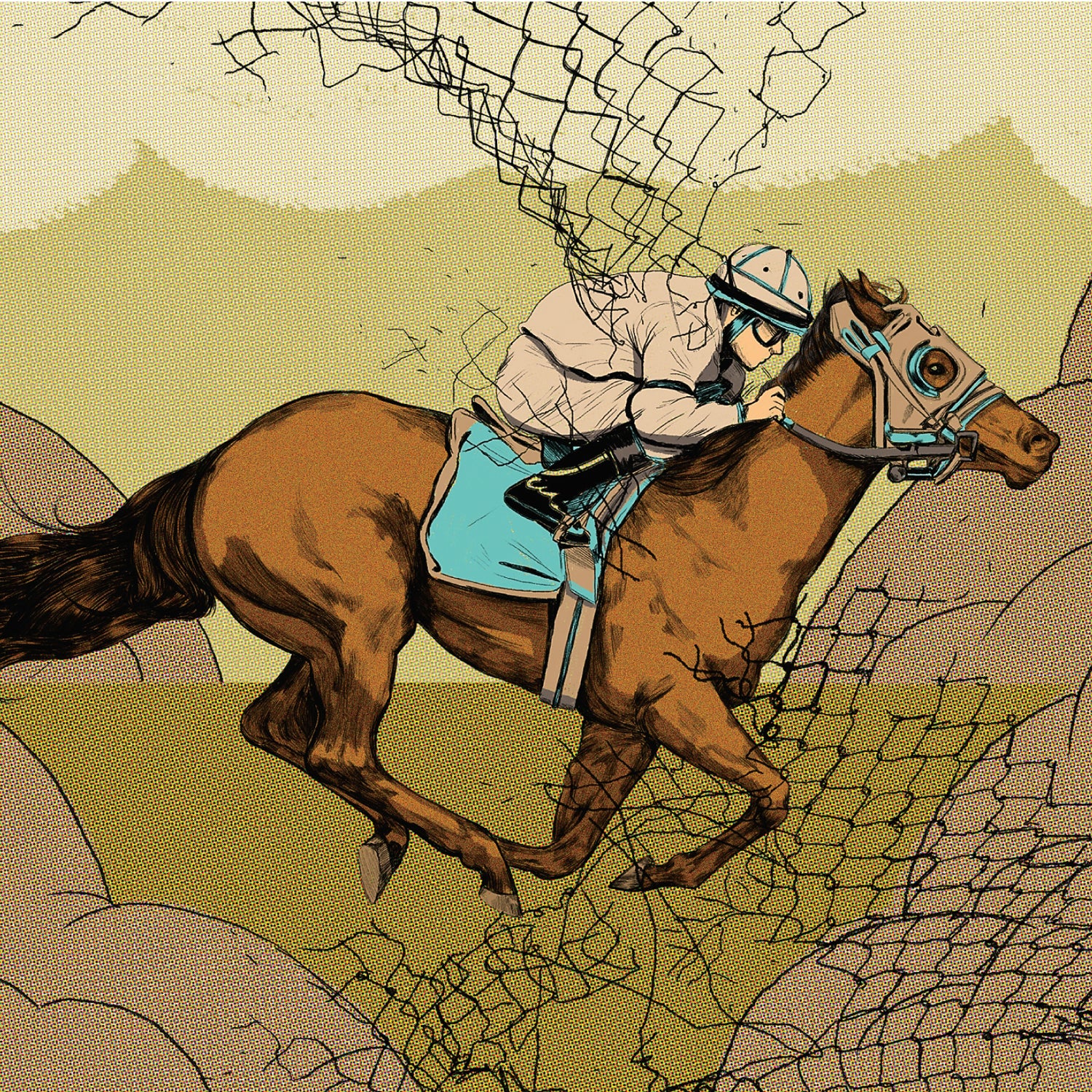In Ted Genoways’s new book, , Rick Hammond, a corn, soybean, and cattle farmer, is preparing to hand over the family business to his daughter, Meghan, and her fiancé, Kyle—the sixth generation of Hammonds to work the land in central Nebraska. Genoways, an ���ϳԹ��� contributor and Nebraska local, spent more than a year visiting the Hammonds, from one fall’s harvest to the next season’s planting.
Perhaps surprisingly, Genoways learns, Nebraska is not a natural place to farm; there’s just never been that much water. It was government policy—the 1862 Homestead Act, then agricultural subsidies—that allowed the Midwest to become the world’s breadbasket. And at a cost: Genoways writes of the environmental damage wrought by pesticides and overwatering, the risks of genetically modified seed, and the harm of flooding global grain markets with cheap corn. American farming frequently receives tough criticism on these points. The beauty of This Blessed Earth is to understand them from a grower’s perspective. Under the current American system, environmentally sound farming is at odds with the Hammonds’ survival, something that few critics seem to get. “There’s a lot of things wrong with farming now,” Meghan, the idealist in the family, tells Genoways. “But we’ve also gone down this road quite a ways, and the people who say ‘This is all a brand-new development and it’s easily reversed’ don’t know what the fuck they’re talking about.”
The Hammonds, who have several hundred acres of land, are honest, ethical, and hardworking. In the end, it’s up to readers to decide whether the midwestern family farm is worth saving.
, the first book by former , is about another kind of family farm. In 2012, Tone learned of a DEA raid on a quarter-horse-racing track in Los Angeles and, noticing a Texas connection, began investigating. Quarter-horse racing, in which the nimble cattle horses sprint a quarter-mile, is the dominant form of racing in parts of the Southwest and Southern California. A top quarter horse can bring more than $1 million at auction.
As Tone reports in brilliant detail, racing quarter horses was once a favorite pastime of the Zetas, which in 2010 was the most brutal of the Mexican drug cartels. Former leader Miguel Trevino, himself arguably the most murderous of the Zetas, was a quarter-horse fanatic.
In Bones, Tone tells the bizarre story of Trevino’s older brother, José, a bricklayer in Dallas with no direct involvement in drug trafficking. Miguel, Tone believes, cheaply sold José a champion quarter horse named Tempting Dash in the hope that José would become rich off the horse’s winnings and breeding fees and provide for his family.
Relying on extensive court records and interviews with Scott Lawson, the rookie FBI agent who discovered the brothers’ scheme, Tone re-creates the early successes that led José and Tempting Dash into the winner’s circle, and then the U.S. government’s crosshairs. Bones is an important addition to the literature on the U.S.-Mexico drug trade and a fascinating window into the subculture of American quarter-horse racing.
Illustration by


